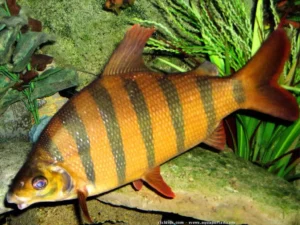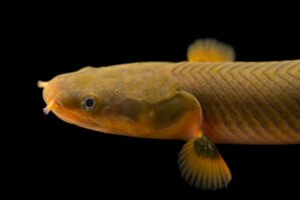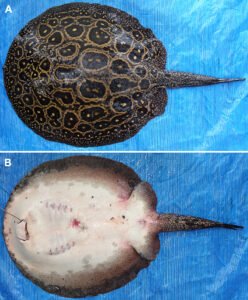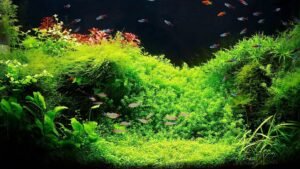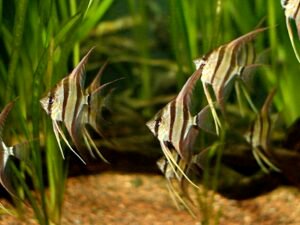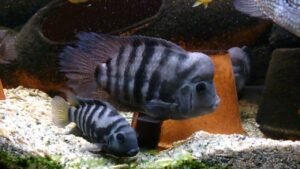Platinum Alligator Gar: Comprehensive Care Guide, Facts, and Habitat
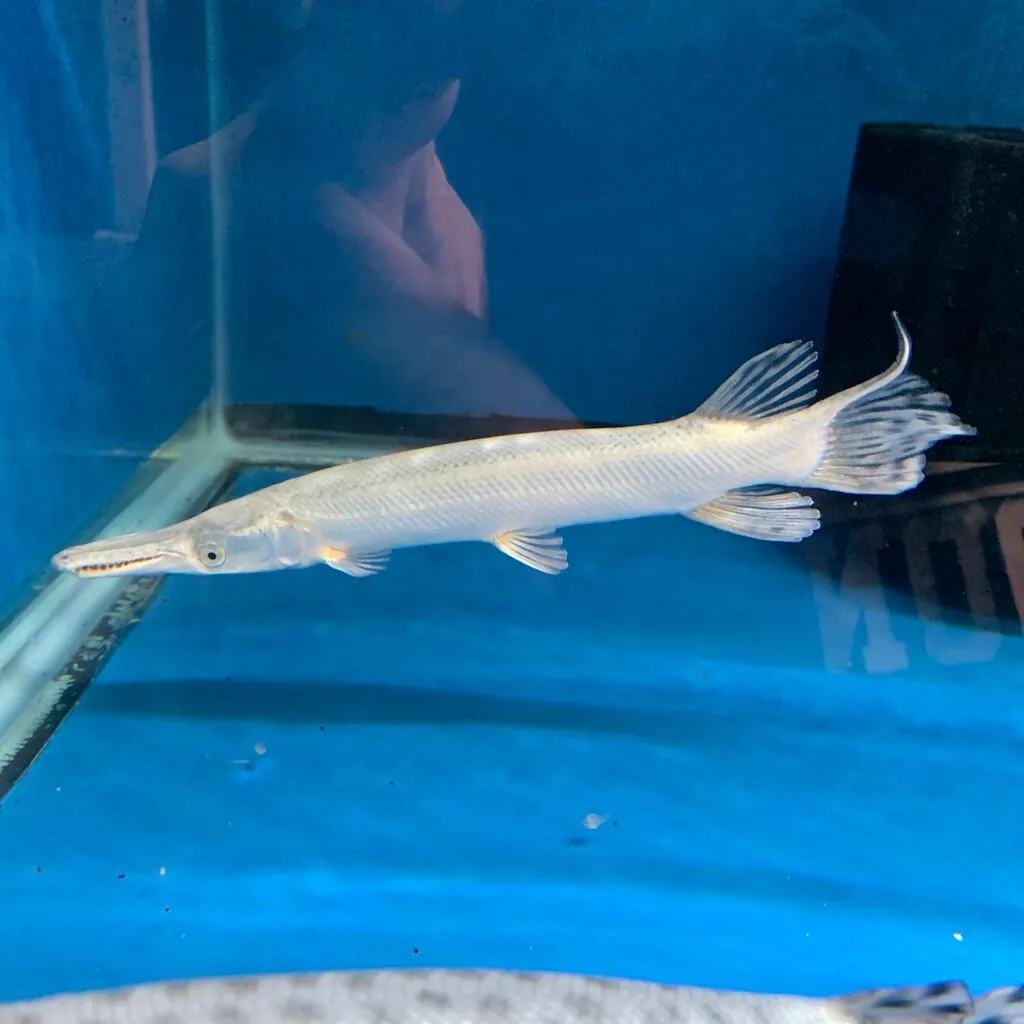
Platinum Alligator Gar: Comprehensive Care Guide, Facts, and Habitat
Discover the Rare Platinum Alligator Gar: A Complete Care Guide and Essential Facts
Introduction
The Platinum Alligator Gar (Atractosteus spatula) is a rare and stunning variant of the common Alligator Gar, known for its striking platinum coloration. Native to the freshwater rivers and lakes of North America, these fish are popular among advanced aquarists and collectors for their unique appearance and impressive size. Understanding the natural habitat, dietary needs, and care requirements of the Platinum Alligator Gar is crucial for providing optimal conditions in captivity and ensuring their well-being.
These gars are characterized by their long, torpedo-shaped bodies, armored scales, and elongated snouts filled with sharp teeth. They are predatory fish that require large, well-maintained aquariums with ample swimming space. Maintaining the right water parameters, such as a pH of 6.5-7.5 and a temperature of 75-85°F, is essential. Regular water changes and efficient filtration are crucial to keeping the water quality high. Feeding these gars a diet rich in protein helps keep them healthy and vibrant.

Facts
| Fact | Detail |
|---|---|
| Scientific Name | Atractosteus spatula |
| Common Names | Platinum Alligator Gar, White Alligator Gar |
| Year Discovered | 1803 |
| Kingdom | Animalia |
| Phylum | Chordata |
| Class | Actinopterygii |
| Order | Lepisosteiformes |
| Family | Lepisosteidae |
| Genus | Atractosteus |
| Species | A. spatula |
| Max Size | Up to 10 feet |
| Temperament | Semi-aggressive |
| Aquarium Level | Mid to Bottom Level |
| Difficulty | Advanced |
| Shoaling | Solitary |
| Best Kept As | Single specimen |
| Diet and Feeding | Carnivorous |
| Reproduction | Egg layers |
| Average Lifespan | 50-70 years |
Appearance
The Platinum Alligator Gar is easily recognizable by its long, torpedo-shaped body covered in gleaming platinum scales. Its elongated snout is filled with sharp teeth, making it a formidable predator. The unique coloration and impressive size make it a highly sought-after fish in the aquarium trade.

Distribution
Platinum Alligator Gars are native to the freshwater rivers, lakes, and bayous of North America, particularly in the southeastern United States. They inhabit slow-moving waters with plenty of cover, such as submerged logs and vegetation.
Habits and Lifestyle
Platinum Alligator Gars are predatory and spend most of their time near the bottom of their habitat, lying in wait for prey. They are solitary fish that require a large, well-maintained aquarium with ample swimming space and hiding spots.
Care Guide
Tank Setup: A tank of at least 500 gallons is recommended, with a fine, sandy substrate to prevent damage to their undersides. Provide plenty of hiding spots such as rocks, driftwood, and large plants.
Water Parameters: Maintain a pH of 6.5-7.5 and a temperature of 75-85°F. Efficient filtration and regular water changes are crucial for maintaining high water quality.
Diet: Feed a diet rich in protein, including live or frozen foods like fish, shrimp, and other meaty foods. They may also accept high-quality carnivore pellets.
Physical Characteristics
Platinum Alligator Gars can grow up to 10 feet in length, although they are usually smaller in captivity. They have a long, streamlined body covered in armored scales and an elongated snout filled with sharp teeth.
Diet and Nutrition
These gars are carnivorous and thrive on a diet of live or frozen foods such as fish, shrimp, and other meaty foods. Offering a variety of protein-rich foods helps ensure they receive balanced nutrition.
Breeding and Business
Breeding Platinum Alligator Gars in captivity is extremely challenging due to their specific environmental requirements and the need for precise water conditions. They are egg layers and require a large breeding tank with optimal conditions.
Breeding Techniques: To breed Platinum Alligator Gars, set up a large breeding tank with plenty of hiding spots. The water should be clean and stable with a temperature around 80°F. After spawning, the eggs should be carefully monitored and the fry fed small live foods.
Health and Diseases
Platinum Alligator Gars are generally hardy but can be susceptible to common freshwater diseases such as ich, bacterial infections, and parasites. Maintaining high water quality and a proper diet can help prevent these issues. Regular health checks and quarantine of new fish can also mitigate disease risks.

Common Diseases:
- Ich: Symptoms include white spots on the body and fins. Treat with elevated water temperatures and ich-specific medication.
- Bacterial Infections: Look for redness, ulcers, or fin rot. Antibiotic treatments in a quarantine tank are usually effective.
- Parasites: Symptoms include scratching against objects and rapid breathing. Anti-parasitic medications can help.
Commercial Medicines: Some commonly used medications for treating diseases in Platinum Alligator Gars include:
- Ich Treatment: Malachite Green, Formalin
- Bacterial Infections: Maracyn, Kanamycin
- Parasites: Praziquantel, Metronidazole
Behavior
Platinum Alligator Gars are generally semi-aggressive and may prey on smaller tank mates. They are best kept as single specimens due to their territorial nature. They exhibit interesting behaviors such as lying in wait for prey and using their powerful jaws to capture it.
FAQs
| Question | Answer |
|---|---|
| How big do Platinum Alligator Gars get? | They can grow up to 10 feet in length. |
| What do they eat? | Their diet should consist of protein-rich foods such as fish, shrimp, and other meaty foods. |
| Can they live with other fish? | They can be kept with other large, peaceful fish but may prey on smaller tank mates. |
| How do you breed Platinum Alligator Gars? | Breeding is extremely challenging and requires a large breeding tank with optimal water conditions. They are egg layers and need a suitable spawning environment. |
| What is the ideal tank setup? | A large tank with a fine, sandy substrate, plenty of hiding spots, a pH of 6.5-7.5, and a temperature of 75-85°F. |
Related Fish or Tank Mates
Suitable tank mates include other large, peaceful fish such as certain catfish and large cichlids. Avoid keeping them with smaller fish that may be seen as prey.

Price Table
| Region | Price (USD) | Date |
|---|---|---|
| North America | $500-$1,500 | June 2024 |
| Europe | €450-€1,300 | June 2024 |
| Asia | $400-$1,200 | June 2024 |
| Australia | AUD 700-2,000 | June 2024 |
Factors Affecting Price
- Rarity and demand
- Size and age of the fish
- Breeding and rearing conditions
- Transportation and import costs
References
Categories: Gars, Freshwater Fish, Tropical Fish, Aquarium Fish, North American Fish, Predatory Fish, Large Fish
Views: 9

